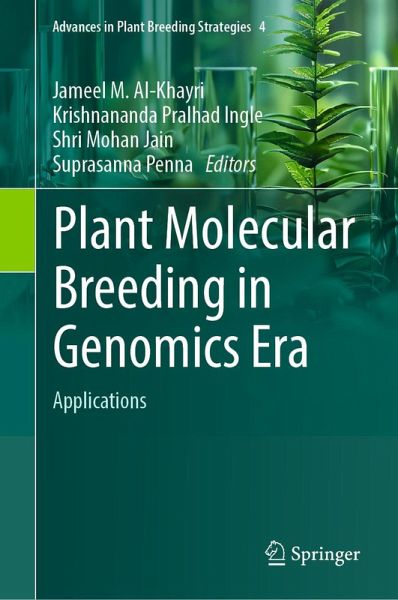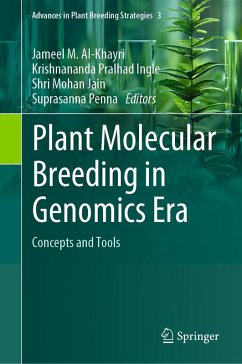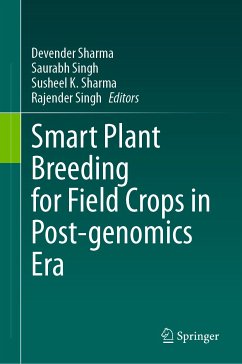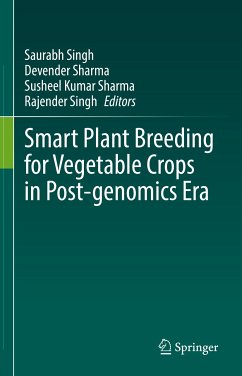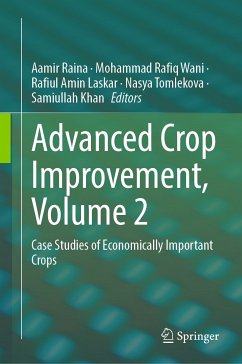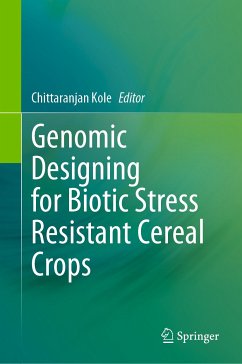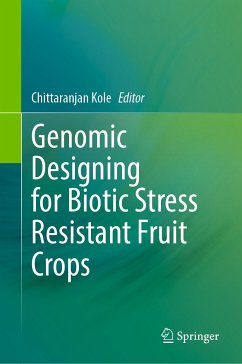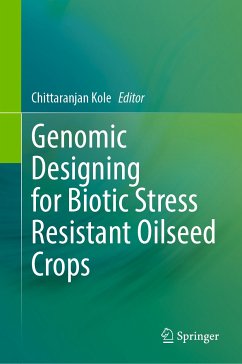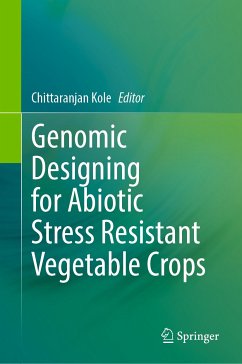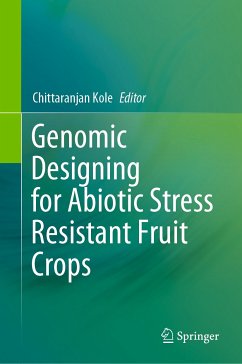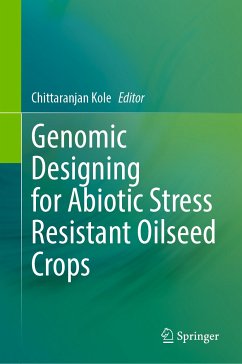Professor Jameel M. Al-Khayri is specialized in plant biotechnology and currently affiliated with the Department of Agricultural Biotechnology, King Faisal University, Saudi Arabia. He received B.S. in Biology in 1984 from the University of Toledo, M.S. in Agronomy in 1988, and Ph.D. in Plant Science in 1991 from the University of Arkansas. He is a member the International Society for Horticultural Science and Society for In Vitro Biology as well as the National Correspondent of the International Association of Plant Tissue Culture and Biotechnology. For the last three decades, he dedicated his research efforts to date palm biotechnology. He has authored over 130 research articles in referred international journals, 80 chapters, and edited several special issues of international journals. In addition, he edited 30 reference books on date palm biotechnology, genetic resources, genomics and advances in plant breeding strategies. He has been involved in organizing international scientific conferences and contributed numerous research presentations. In addition to teaching, students advising and research, he held administrative responsibilities as the Assistant Director of Date Palm Research Center, Head of Department of Plant Biotechnology and Vice Dean for Development and Quality Assurance. Dr. Al-Khayri served as a Member of Majlis Ash Shura (Saudi Legislative Council) for the 2009-2012 term. Presently, he is interested in biotechnological approaches in agricultural innovations and sustainability to support food security. Associate Professor Krishnananda P. Ingle is specialized in Agricultural biotechnology and currently affiliated with the Department of Agricultural Biotechnology, KL University, India. He received B.Sc. in Agricultural Biotechnology in 2004 from the Dr. PDKV, University of India, M.Sc. in Agricultural Biotechnology in 2010, and Ph.D. in Agricultural Biotechnology in 2019 from the Dr. PDKV, University of India. He is member of the Indian Society of Millet Research and also served position as editorial board member of Acta Scientific Journal of Agriculture (International), Just Agriculture Journal, Nature Science e-magazine. He has been awarded with Dr. APJ Abdul Kalam Award in year 2020 for his outstanding contribution in the science. He has authored over 45 research articles in referred national and international journals, and 3 book chapters. In addition, he edited 1 book entitled Molecular Methods in Plant Biology- A comprehensive book on Biotechnological Aspects. He has been involved in organizing international scientific conferences and contributed numerous research presentations. In addition to teaching, students, he held the research responsibilities in multinational seed companies. His current research interests focus on the Marker Assisted Selection in plants and related studies on genomic and post-genomic levels. Professor S. Mohan Jain is a Consultant and Plant Biotechnologist, Department of Agricultural Sciences, University of Helsinki, Helsinki, Finland. Received M. Phil, 1973 and Ph.D., 1978, Jawaharlal Nehru University, New Delhi, India. He was a postdoctoral fellow in Israel, USA, and visiting scientist/Professor in Japan, Malaysia, Germany, and Italy. He was a Technical Officer, Plant Breeding and Genetics, International Atomic Energy Agency (IAEA), Vienna, Austria, 1999-2005. He is a member of International Association of Plant Tissue Culture and Biotechnology; editorial Board member of Euphytica, In Vitro, Propagation of Ornamental Plants, Emirates J. Food and Agriculture, and a series on Forest Biotechnology. His total publications are 225 peer-reviewed journals, book chapters, and conference proceedings, and edited 72 books; invited speaker and acted as a Chairperson in several international conferences worldwide. He was awarded Nobel Peace Prize, in commemoration the awarding to IAEA of the Nobel Peace Prize for 2005; also former consultant to IAEA, the European Union, The Government of Greneda, Iranian Private Company and the Egyptian Government. Currently his research interests are somatic embryogenesis, organogenesis, haploidy, somatic cell hybridization, somaclonal variation and mutagenesis mainly in medicinal plants, date palm, and banana genetic improvement, genetic diversity, erosion, conservation, and utilization in the context of climate change and food and nutritional security. Professor Suprasanna Penna, Ph.D. in Genetics, is a Professor and Director at the Amity Institute of Nuclear Biotechnology, Amity University of Maharashtra, Mumbai, India. He was formerly with Bhabha Atomic Research Centre, Mumbai, as the Head of Nuclear Agriculture and Biotechnology Division. He has made significant contributions to plant science covering plant biotechnology, mutation breeding, stress tolerance, and radiation-depolymerized oligochitosan for enhancing plant productivity in crop plants and vegetables. He has served as an expert consultant on the International Atomic Energy Agency missions. He is on the editorial board of several international journals and has published over 385 publications and edited international published books on plant mutation breeding, sustainable genetic diversity, salinity tolerance, non-coding RNAs, and plant-metal interactions. He has guest edited special issues in Frontiers in Plant Sciences, Physiologia Plantarum (Wiley), Current Plant Biology (Elsevier), and Physiology and Molecular Biology of Plants (Springer). His research interests include, plant biotechnology, plant abiotic stress tolerance in crop plants and salinity-adaptive mechanisms in halophytes.
